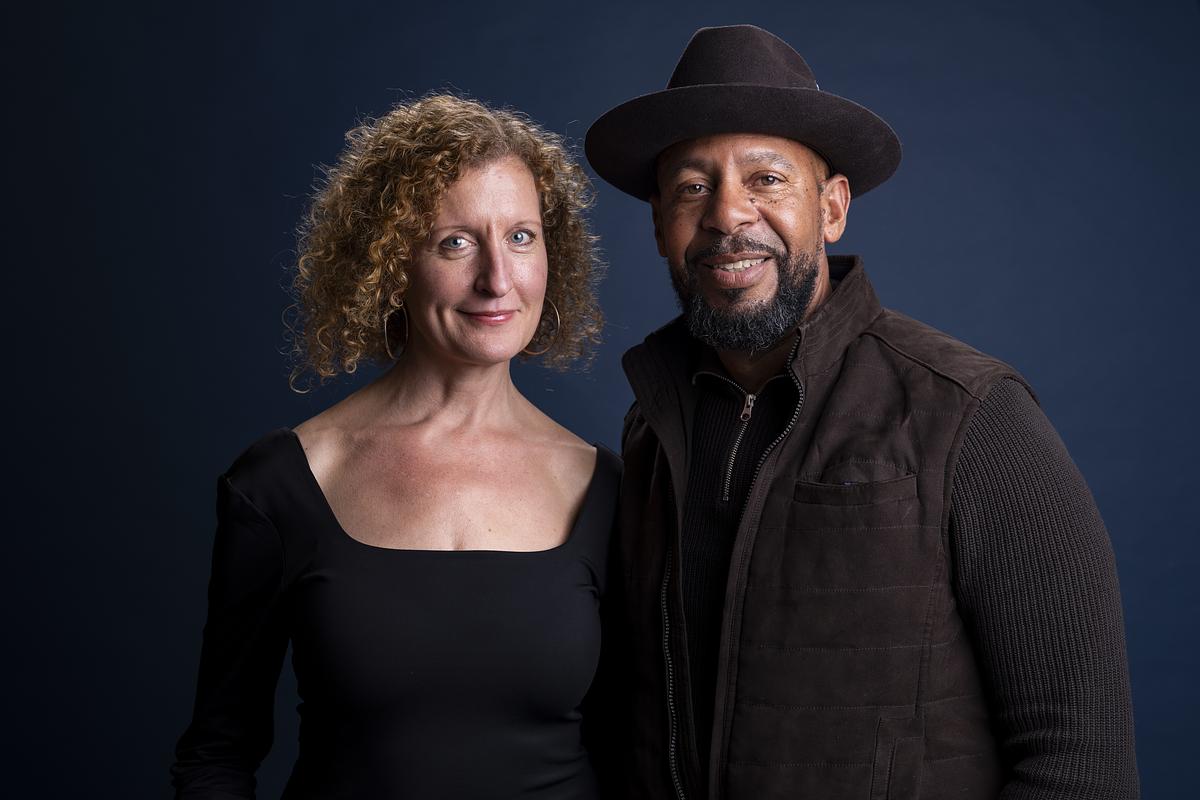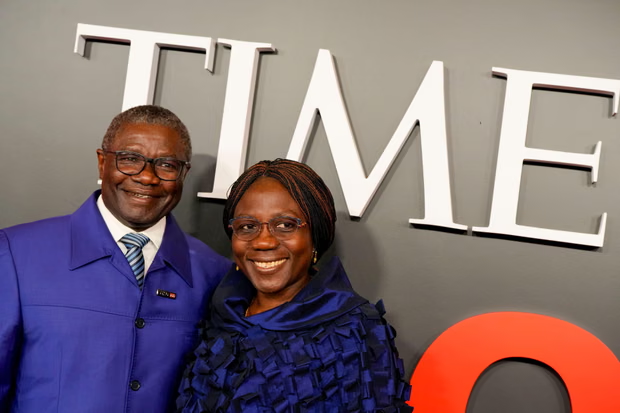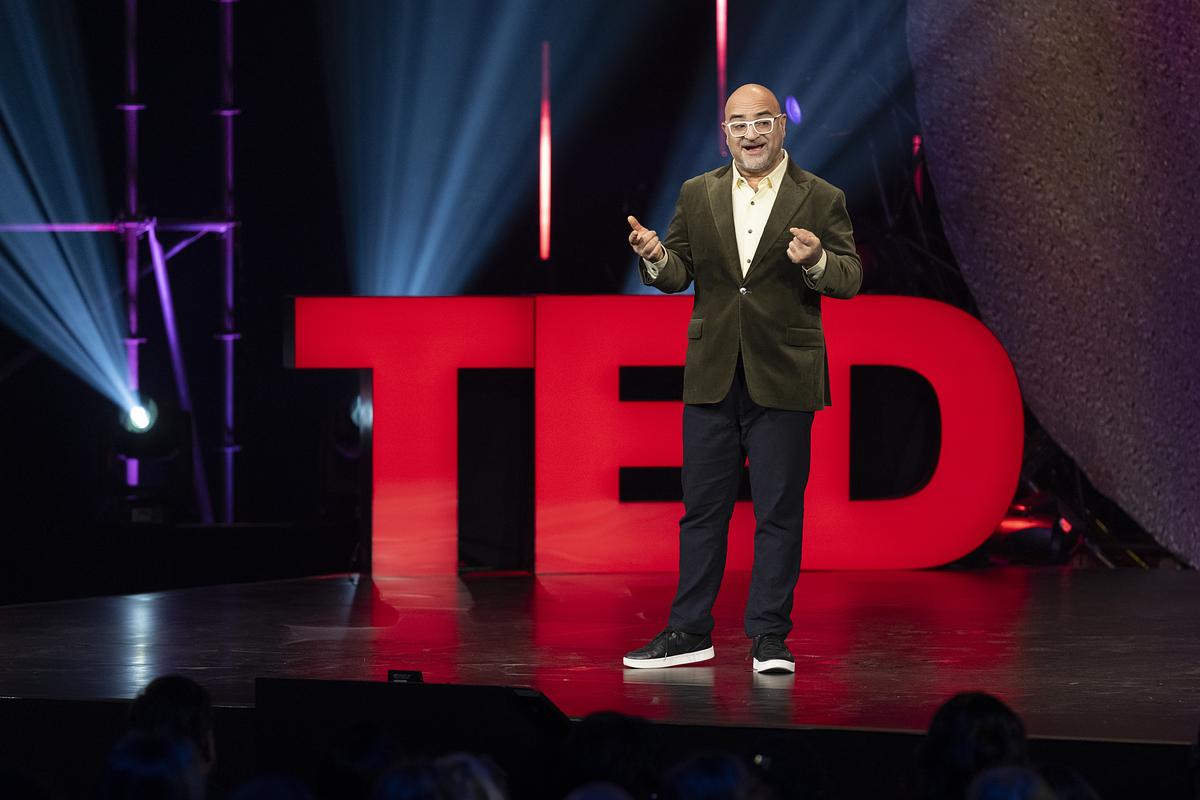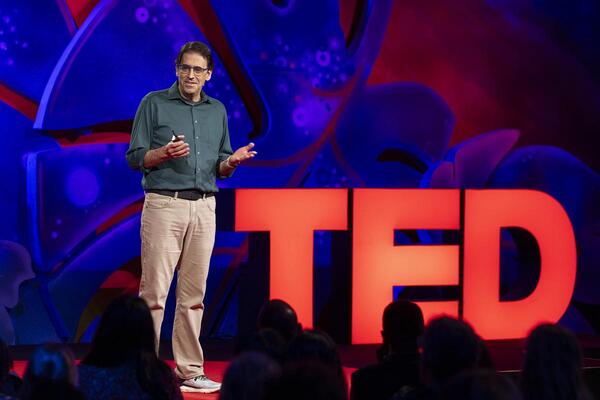Categories
Subscribe for updates
February 1, 2023
The Audacious Project
How do we win the fight against NTDs? Sustain. Collaborate.
Since 2018, Sightsavers’ Accelerate program has managed more than 65,000 cases of advanced trachoma, a condition that if left untreated can cause blindness. Trachoma is a part of a group of 20 conditions known as Neglected Tropical Diseases (NTDs) that affect more than a billion people around the world, mainly in rural regions, poor urban areas, and conflict zones. The diseases have devastating health, social and economic outcomes not just for patients but their families and entire communities. Yet they are preventable and treatable. As the Director of Program Operations for Sightsavers in Nigeria Joy Shu'aibu and her colleagues are part of an inspiring global community of practitioners, partners, advocates, and governments across the world fighting to combat NTDs like Trachoma. This World NTD Day (January 30) they are coming together to shine a light on the significant progress made, but also the importance of collaboration and continued investment needed to bring us closer to the goals of eliminating NTDs as a public health threat forever.
.jpg)
The theme for this year's NTD day is Act Now. Act together. Invest in neglected tropical diseases. How has collaboration been impactful in your work?
This work is structured on the efforts and commitments of community volunteers who give their time and efforts, going door to door, distributing the medications that are required to end not only Trachoma but [many other] NTDs that we deal with. It's also important to note that the government is expected to take leadership, and so our interventions focus on strengthening the existing health system so that they can take care of not just the NTDs, but other health conditions.
What inspires you about the work you do?
We have seen how individuals are transformed, economics are improved, and communities are made better because of the NTD interventions that we take. We're most concerned about communities that are the poorest of the poor, who otherwise will not have access to basic health interventions. These are the areas where we work, spanning across the northern parts of Nigeria.
What have been the most exciting developments in your region?
Nigeria is very much at the forefront of eliminating NTDs as a public health problem. We work collaboratively with other NGOs, and also government partners in ensuring that we eliminate NTDs as a public health problem, that resulted in the signing of the Kigali Declaration in 2022. Nigeria is also making efforts to make sure that they are aligned with the WHO 2030 NTD Roadmap. So as we celebrate World NTD Day for 2023, we want to continue to encourage investment because a $1 investment in preventative chemotherapy treatment NTDs has the estimated net benefit of $25 to affected individuals*. This means people become more productive, families are able to look after themselves, and the economy of the country is improved as a result.
As we get close to elimination, which areas do you feel are most critical to focus on right now?
One of the things that we grapple with, especially as we near the end of our goals, is dwindling funding. And we fear that if we do not have a continuous investment, we lose these great gains that we have made over these years, and all the efforts will not be accounted for. There's a need for us to continue to invest in conducting baseline surveys, in conducting assessments, so that we can provide the evidence required to show that indeed, we are working to eliminate NTDs in Nigeria.
Sightsavers is working closely with the governments of over 30 countries to control and eliminate NTDs like trachoma, river blindness, lymphatic filariasis, schistosomiasis, and intestinal worms. So far they have collaborated with partners to support three ministries of health to reach the elimination of trachoma and helped to deliver over 1.5 billion treatments and 8.3 million eyesight operations for people from vulnerable communities.







